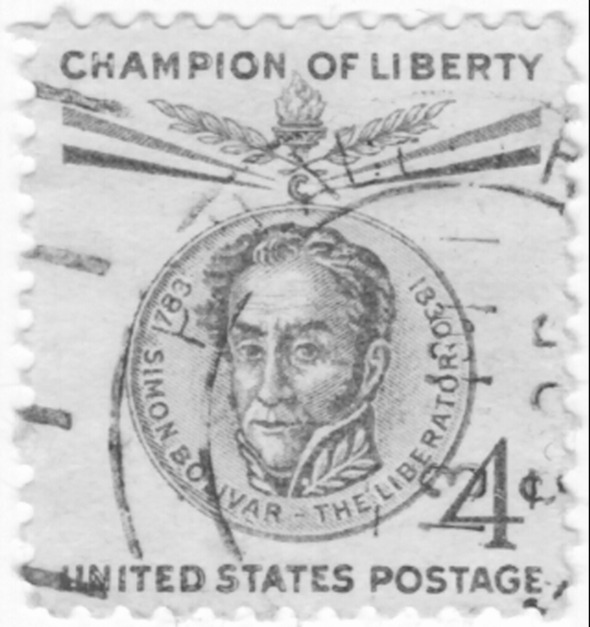COMPLIANCE CASE STUDY
Like water, money finds a way to flow despite efforts to impound it. While many think of suitcases of cash as the first way to move currency, consider the following case study, which uses securities trading as a method to avoid exchange controls.
Simon Bolivar

Venezuela
One of the tools used by compliance professionals when determining jurisdictional risk as it pertains to international compliance issues is the Corrupt Perceptions Index (CPI), published annually by Transparency International. In 2001, Venezuela was listed in the bottom quartile of the 91 nations surveyed, falling into the bottom 23 percent. Since 2001, Venezuela has fallen further into the bottom tenth of an expanded list of nations, now totaling 180, moving downward to the 8 percent mark. This means that of all 180 jurisdictions surveyed in 2008, 92 percent of them are more transparent than Venezuela. This is an alarming trend from a compliance perspective.
At the same time that Venezuela was falling down the CPI ratings, negative press was mounting around items such as the terrorist financing of rebels in Colombia, the increased use of Venezuela as a drug trafficking transshipment point, increased levels of political corruption, and alliance-building with countries such as Iran.
Currency Controls
In 2003 Hugo Chavez implemented currency controls that restricted the flow of U.S. dollars ...
Get Global Securities Markets: Navigating the World's Exchanges and OTC Markets now with the O’Reilly learning platform.
O’Reilly members experience books, live events, courses curated by job role, and more from O’Reilly and nearly 200 top publishers.

